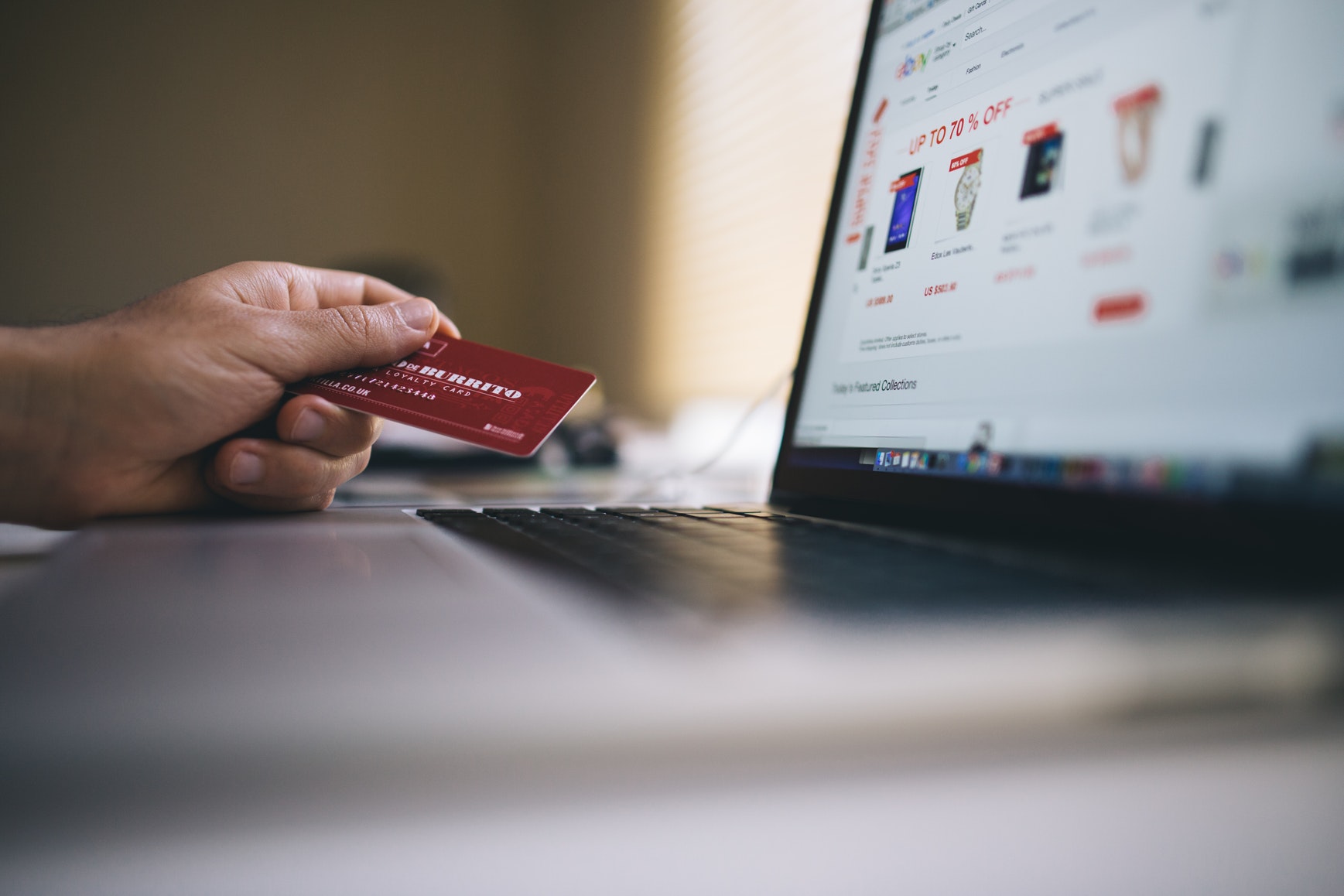Along with investing in online shopping, sellers are also more likely to implement new technologies that bring e-stores to the next levels of advancement and additionally drive the development of the entire industry. What trends and amenities await consumers in the coming months?
1. Mobile shopping
2020 was a good period for e-commerce, and even perfect for mobile commerce. Customers appreciate shopping over the phone, among others a simple payment process or convenient and easy-to-use shopping applications. In addition, online stores encourage the use of their applications, including through additional bonuses and promotions for new users. The coming year will be another intensive period of mobile commerce development, which means even more mobile applications engaging customers, as well as investment in a friendly interface and responsiveness of store websites.
2. Responsible shopping
Growing consumer awareness and the spreading discussion on sustainable development mean that ecology is entering new industries, not bypassing the e-commerce market at the same time. The eco-friendly approach is welcomed and even expected by an increasing number of consumers – especially the young generation. Hence the e-commerce shift towards green policy, especially in the context of packaging and delivery.
The next year will certainly be marked by further, successive disposal of, for example, plastic in supplies and replacing it with biodegradable or recycled packaging and fillers. More and more emphasis is also placed on the selection of courier companies in terms of their approach to the issue of ecology and sustainable development. The return policy is also changing – more and more stores offer the possibility of returning purchased products in a stationary store, so as to reduce unnecessary journeys by courier companies and additional re-packing of purchases.
3. Online payments
Convenience and comfort of shopping are important elements for which consumers increasingly choose online shopping. The ease of the purchasing process is influenced by several elements, among which it is worth mentioning payments as well as the delivery and return policy. The payment process is often the decisive factor in completing the purchase and thus the conversion.
After all, the shopping cart is often abandoned just before the payment is made. Hence, the development of online payments will be gaining importance, both in the context of various transaction execution options, as well as their convenience, e.g. shopping without the need to create an account. The integration with Apple Pay / Android Pay mobile payments has gained in importance, as there is no need to redirect to the bank’s website and log in.
Deferred payments are also an important trend, increasing the satisfaction and safety of users and, importantly, the value of baskets. In terms of payments, it is also worth mentioning the growing popularity of price automation tools and dynamic pricing strategies. They allow you to balance prices and create personalized price offers depending on the level of loyalty, interests or consumer behavior. As a result, our offer automatically stands out from the competition.
4. Personalization
E-commerce personalization has been gaining ground with e-commerce companies in the past few years, but in 2021 and beyond, the trend will turn into a must-have strategy. Individual adjustment of interaction with the consumer depending on the Consumer Journey stage and the level of involvement in the See-Think-Do-Care process becomes an integral part of digital sales.
It is not only about improving the quality of service and leaving a positive experience. There are many ways to use personalization in communication, in the offer, in retention, in the purchase channel, etc. Integration of personalization with multi-channel sales, which creates multidimensional opportunities to connect with customers while offering personalized interactions, increases customer loyalty and therefore the chance to repeat the transaction.
5. Subscription models
The e-commerce subscription model has developed dynamically over the past few years and is expected to continue to expand. It is a personalized, convenient and in most cases cheaper way to get the goods and / or services you want. This model, also known as the subscription model, enables access to certain goods by paying a regular, recurring subscription fee.
Subscriptions have covered almost all industries, and most of us use at least one website that delivers our services or products in this way. The most popular examples are music services such as Spotify or movies, with Netflix at the forefront. The leading models of this type in the e-comemrce industry include, of course, Amazon Prime, and Allegro Smart on the Polish market.
We expect that the next year in e-commerce will be marked by faster deliveries to the customer, a more tailored offer and further implementation of modern technological solutions in online sales. Already today, we can see increasing pressure to shorten the waiting time for orders placed by consumers.
Among retailers, this raises the need for changes in many fields, starting with the diversification of the distribution system, so that parcels reach customers not only from central warehouses, but also local and stores. In order to additionally accelerate the pace, it is a large entrepreneur within the meaning of the Act on counteracting excessive delays in commercial transactions. individual processes, 2021 will bring further measures to increase the share of automatic operations in e-commerce service.
Solutions based on artificial intelligence algorithms or the internet of things will become more common. Online sales will increasingly use advanced technologies. The need to adapt e-commerce companies and their infrastructure to sales peaks will become more urgent, which may mean more and more popular transfer of online stores to the cloud. This solution allows for quick scalability of the website without the need to equip the company with cost-intensive infrastructure.


